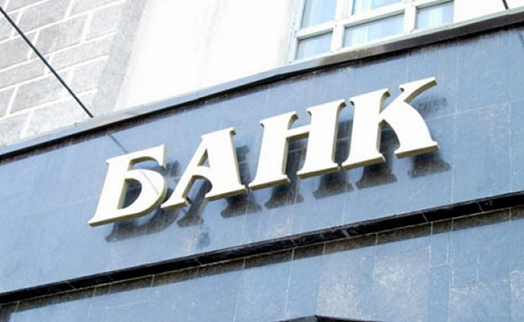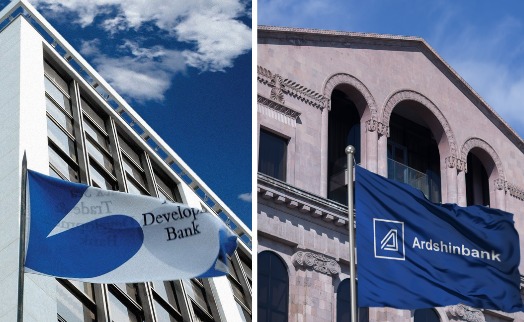YEREVAN, March 26. /ARKA The economic pressures resulting from the spread of the coronavirus and the lower oil price are credit negative for banks in Russia and neighbouring markets, and could result in negative rating actions, Fitch Ratings says. Fitch has revised banking sector outlooks to negative for seven of the eight markets it covers in the region – Russia, Ukraine, Kazakhstan, Armenia, Azerbaijan, Belarus and Georgia. The banking sector outlook for Uzbekistan remains stable.
The degree of pressure on banks will depend on the extent and duration of economic slowdowns, the specific exposures of national economies and external finances (for example to lower oil prices, tourism revenues or remittances), the policy responses of national authorities, and individual banks’ business profiles, risk exposures and financial metrics going into the slowdown.
Whether this pressure translates into negative rating actions will also depend on the availability of state or shareholder support – which underpins most bank ratings in some markets – the robustness of individual banks’ ratings at their current levels, and the specific rating category. For example, banks with ‘B’ ratings usually have greater tolerance for impairment of financial metrics than those in the ‘BB’ and ‘BBB’ ranges.
Fitch maintains published ratings on 84 banks in the eight markets. Of these, 21 are underpinned by sovereign support and 29 by shareholder support, and these are sensitive primarily to changes in ratings of support providers. Thirty-four banks are rated based on standalone profiles, as reflected in their Viability Ratings, and these are more directly sensitive to changes to their financial profiles and prospects. Of these, 17 are domiciled in Russia and are mainly rated in the ‘BB’ category. Of the rest, most are rated in the ‘B’ category. Fitch will consider the impact of the changes in operating conditions on these banks, and potential implications for their ratings, in the coming weeks.
Corporate asset quality will weaken across the region due to the drop-off in economic activity and high loan dollarisation (albeit less so in Russia) as exchange rates come under pressure. This will add to still sizeable legacy problems in some markets, in particular Ukraine, Kazakhstan, Belarus and Azerbaijan. Retail risks will also increase as portfolios season after recent rapid growth in consumer finance, with households suffering from loss of salary incomes and reductions in remittances, with the latter being particularly important in Armenia, Georgia and Uzbekistan.
Profitability will weaken due to limited new lending, higher risk costs and some margin pressure, but low or negative loan growth will help to offset pressure on solvency. Regulatory forbearance in most markets will help banks to manage asset quality and capital metrics reported in local accounts and reduce risks of statutory breaches.
Liquidity is unlikely to come under pressure due to reasonable liquidity buffers, moderate wholesale debt maturities and available emergency funding support facilities. Deposits have generally been stable across the region, but deposit rates will increase moderately as confidence in domestic currencies weakens.
The stable sector outlook in Uzbekistan reflects the predominance of state-owned companies in loan portfolios and of state-owned lenders in the banking system, and Fitch’s expectation of continued government support for these entities.-0-








